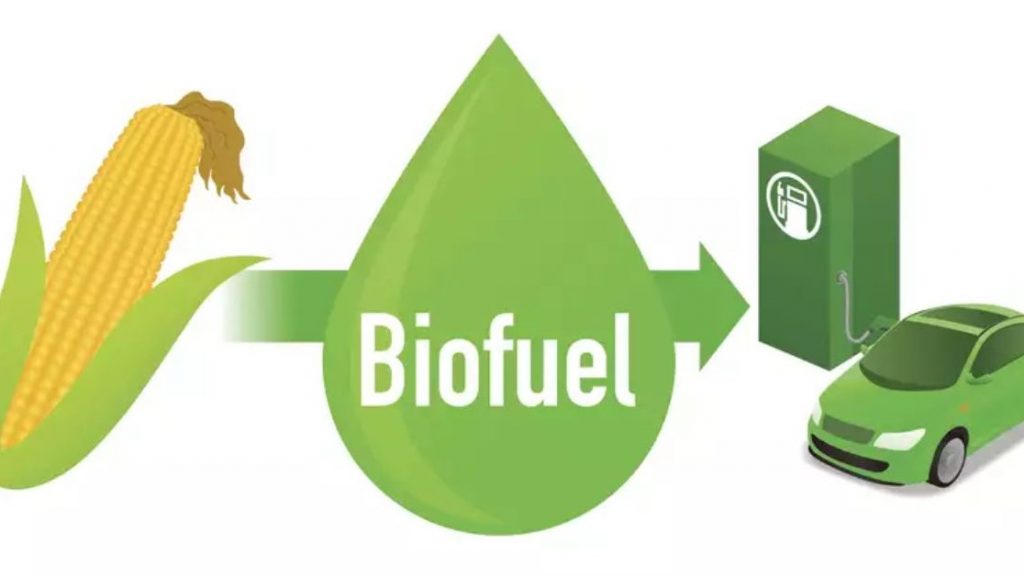The FuelEU pooling mechanism introduces a new economic incentive to accelerate adoption of biofuels, according to OceanScore.
The company has identified tangible savings on the cost of compliance with FuelEU Maritime that can be made through burning biofuels to generate surpluses for vessel pooling.
This enables companies to capture financial gains from overcompliance with carbon intensity reduction targets.
However, he also highlights business opportunities arising from the concept of surpluses and deficits under the FuelEU pooling mechanism whereby overcompliance for vessels using alternative fuels can be used to offset compliance deficits of other units running on conventional fuels to create a neutral compliance balance – both for internal fleets and with vessels from third parties.
OceanScore has calculated the net value of surpluses generated by replacing for example HFO with rapeseed-based biofuel will be around €440 per tonne of HFO replaced, taking into account the different bunker prices and calorific values of these fuels, as well as FuelEU penalties and EU ETS costs.
And this benefit could increase to up to around €1,250 per tonne of HFO replaced with the use of bunkers based on waste cooking oil, which have an especially low carbon intensity in the context of FuelEU.
The surpluses generated by each of these alternative fuels will vary according to their different well-to-wake CO2e emissions, including the climate effect of methane and nitroxide.
Rapeseed-based biofuels have a default carbon intensity of 51.584g of CO2e per megajoule (MJ) of energy, giving a solid surplus versus the initial FuelEU hurdle rate of 89.3g CO2e/MJ, while waste cooking oil-based fuels come in at only 16.384g CO2e/MJ – basically doubling the positive effect on compliance balances.
Taken together, these opportunities introduce a new economic incentive to accelerate adoption of biofuels.
Tags: Biofuel, CO2, FuelEU, HFO



Recent Posts
Höegh Autoliners’ Fifth Aurora-Class PCTC Enters Service with Multi-Fuel Capability
Next-Gen Marine Propulsion: MAN Launches Methanol Super Engine
Port of Amsterdam Marks First Ship-to-Ship Methanol Bunkering
Altair and HD Hyundai Heavy Industries Partner to Propel AI-Driven Eco-Friendly Marine Engine Innovation
Newfoundland and Port of Amsterdam Forge Green Hydrogen Partnership
India charts green shipping path: MEPC 83 outcomes discussed at IMEI-DG tech seminar
IME(I) Mumbai pioneers holistic development for future mariners with emotional resilience workshop
Adani launches India’s first hydrogen-powered truck